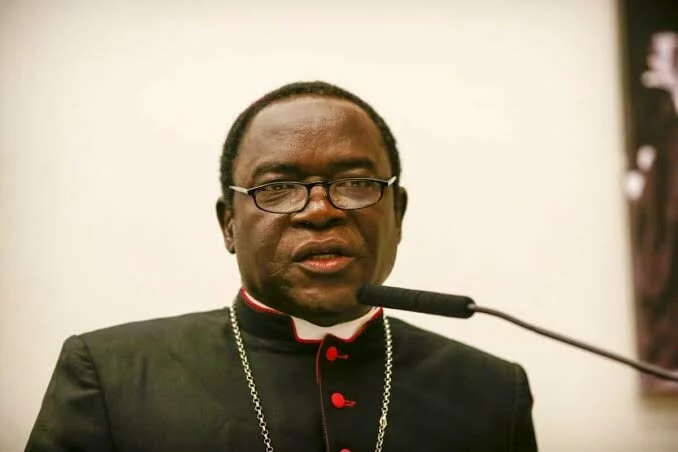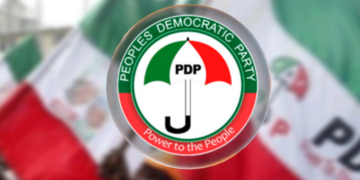A group of prominent Nigerians have commended the federal government, labour unions, and the management of Dangote Refinery for resolving the recent industrial dispute through dialogue. They described the facility as a critical national asset that must be protected in the country’s economic interest.
The commendation is contained in a statement signed by 12 eminent Nigerians, including former Aviation Minister Osita Chidoka, Executive Director of EiE Nigeria, Opeyemi Adamolekun; banker and economist, Atedo Peterside, and the Emir of Kano, Khalifa Muhammad Sanusi II, Sarkin Kano. Other signatories to the statement include Ibrahim Dahiru Waziri, Abubakar Siddique Mohammed, Obonganwan Barbara Etim James, Senator Sola Akinyede, Dudu Mamman Manuga, Arunma Oteh, Dr Salamatu Hussaini Suleiman, Bishop Matthew Hassan Kukah, and Aisha Yesufu.
The group expressed concern over the disruptions that accompanied the dispute but welcomed the subsequent de-escalation facilitated by government mediation.
The statement noted that while the disagreement has been settled, the incident offers important lessons for Nigeria’s economic and industrial future.
“For decades, Nigerians endured the collapse of government-owned refineries, the waste of trillions of naira in subsidies, and dependence on fuel imports,” the signatories said. “In this context, the Dangote Refinery represents more than a private venture; it is a national symbol of what bold domestic investment can achieve.”
Theypointed out that the refinery had already begun easing supply pressures, with petrol prices reportedly falling from around N1,500 per litre to about N820 in some areas — a reduction of roughly 55 per cent. According to the statement, this has positively affected transport costs and food prices, reflecting the potential benefits of local production.
The group, however, cautioned that labour unrest and threats of strikes send the wrong signal to investors, especially at a time when the nation needs both capital and innovation to drive economic growth.
“Industrial disputes, if not carefully managed, risk discouraging both domestic and foreign investment,” they said. “A refinery of this scale is a national lifeline with profound consequences for jobs, energy security, and inflation.”
The statement underscored three guiding principles for Nigeria’s economic stability: respect for workers’ rights, protection of productive enterprises, and adherence to social responsibility and accountability.
It stressed that while workers have the constitutional right to organise and demand fair treatment, such actions must not undermine productivity or hold the economy hostage. Similarly, investors were urged to operate transparently, uphold fair labour practices, and contribute meaningfully to community development.
Addressing public concerns over potential monopoly or market dominance, the signatories urged that such issues be handled through statutory agencies like the Federal Competition and Consumer Protection Commission (FCCPC), rather than through industrial actions that harm ordinary Nigerians.
“There is no legal monopoly here; others are free to invest in refining, provided they can mobilise the necessary resources and expertise,” the group noted.
They further praised all parties for choosing dialogue over confrontation and called for this spirit of engagement to become the model for handling future disputes.
“This crisis is not merely about a refinery; it is about the direction of our economy — whether we will continue in a cycle of scarcity and rent-seeking or build a future anchored on productivity, fairness, and shared prosperity,” the statement concluded. “The Dangote Refinery represents an audacious step forward. It should not be undermined but strengthened as a signal to other industrialists that investing in Nigeria’s future is worthwhile.”





